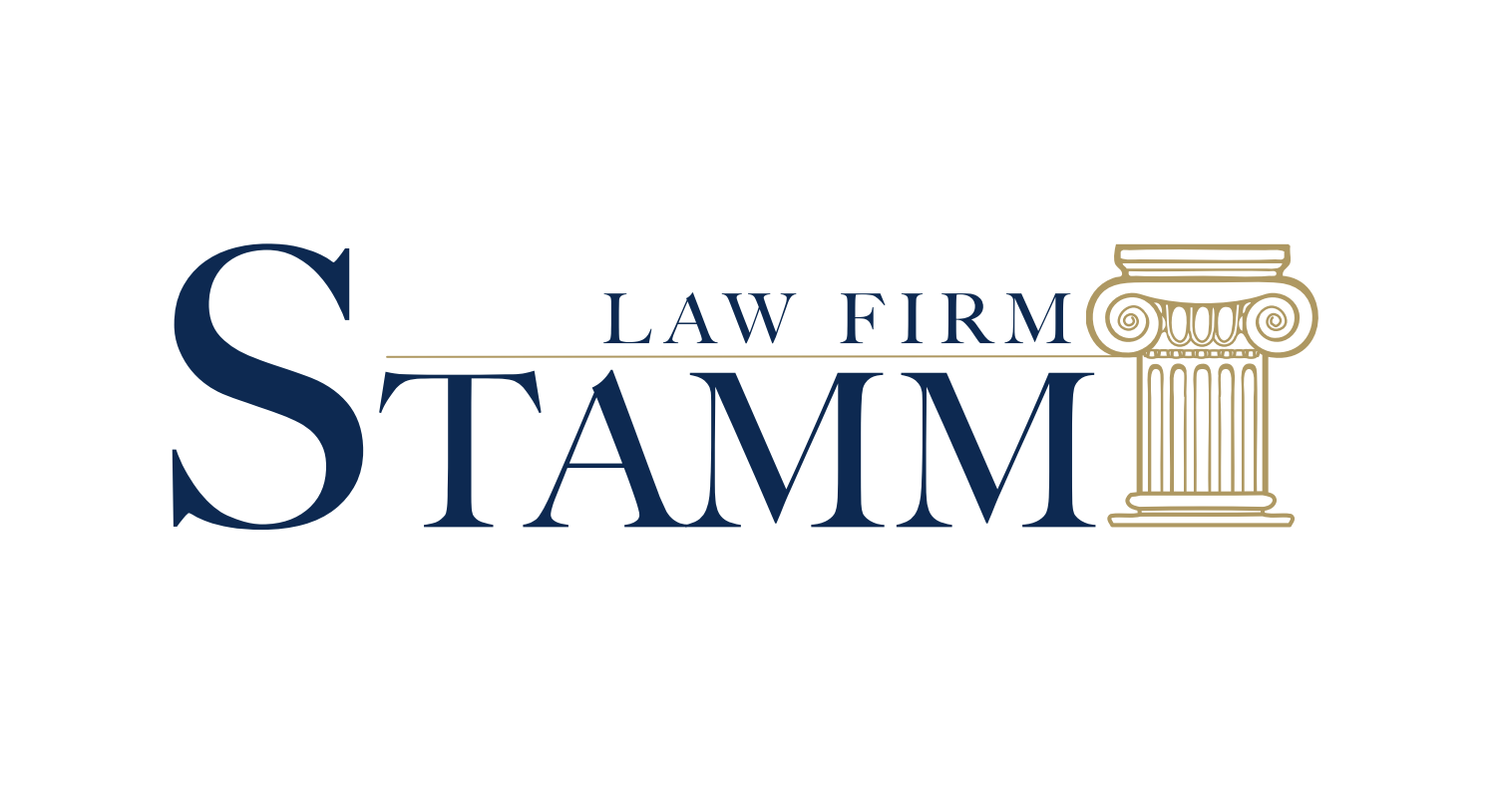Why You Need A Will
Many people think that a will is only for those who want to set up trusts or save taxes. That may be one benefit. However, the primary reason for making a will is to leave your property and your assets to those you care about, and in the proportions you choose.
If you die without a will, the property in your name in most instances will be distributed among your family members, but not exactly the way you prefer. Thus, if you are survived by:
spouse and descendants, your spouse takes the first $50,000 and one-half of the balance of the property, and the descendants share the rest
spouse but no descendants: spouse takes all.
descendants, no spouse: descendants take all.
a parent or parents, no spouse, no descendants: the parent or parents take all.
parents' descendants but none of the closer relatives: the parents' descendants take all.
one or more grandparents or their descendants, but none of the closer relatives: half goes to the maternal side and half goes to the paternal side (but not including second cousins if you have any first cousin on either side).
where "descendants" includes a mix of generations, living children take a full equal share, and children of predeceased children then divide equally the combined shares of all their deceased parents.
If you die without a will and leave young children. If your children are under 18 years old at your death, a court-appointed guardian will be required to manage your child's share. Although the court probably would appoint your spouse as guardian, a bond may have to be posted. Payment of the bond premiums will cost money. If any money has to be used to pay for your child's education, clothing or living costs, prior approval of the court is necessary. The court also requires annual accountings of income and expenses. In addition, investment of the funds by the guardian may be limited as well. If the guardianship lasts for any length of time, the child's funds may not grow at an acceptable pace. All these problems could be easily avoided with a properly drafted will.
If you and your spouse should die at or about the same time, it is important that you make provision not only for a guardian of the property of any child under age 18 but also, and perhaps more important, you should name a guardian of the child's person. A guardian of the person is given custody of the child while they are a minor.
Talk to an estate litigation lawyer about your will. A will is your personal plan. A will is tailored to your own needs. You name as executors those persons you want to handle your property. An executor can be a relative, a friend, your lawyer or a bank or trust company that specializes in the handling of estates. The choice of an executor is yours only if you make a will. In your everyday life, you realize the value of having qualified people help with your affairs. This is just as valuable and important after you die.
Making the best plan and writing the best will takes knowledge and expert advice. Do you know that property held jointly with another may not be distributed by will? Or that life insurance may or may not be distributed by will depending who is named as beneficiary? Or that the same can be said of individual retirement accounts, pension plans and other assets? Or that a spouse has a right to a car and some other items, and to a large share of the property no matter what your will may say? The best plan recognizes that the best will is only part of the total plan for the distribution of your property.
If you plan properly and have your plan reviewed periodically, you may lower or eliminate your tax burden and leave more to your beneficiaries. Before you make a will, you should also know how estate taxes affect you. The federal and NY estate taxes frequently change as the result of various tax reform acts. So you may not be up-to-date with these complex and always changing laws. Also, you may be unaware that you can choose which of your beneficiaries pays the estate taxes. If you plan properly and have your plan reviewed periodically by an attorney, you may be able to plan your estate in ways that can lower or eliminate your tax burden and leave more to your beneficiaries.
Discuss the question of a fee with your lawyer in advance. To have the best plan for yourself and for your beneficiaries, call us and make an appointment to discuss your will. Remember, the advice of an expert may prove invaluable. The cost of drawing a will depends on the amount of time we spend on the matter and the complexity of your assets. In small estates, when a will contains no complicated provisions or unusual problems, the fees may be very inexpensive. You may discuss the question of a fee with us in advance if you like. Remember, making a will is one of the wisest investments of your life.

